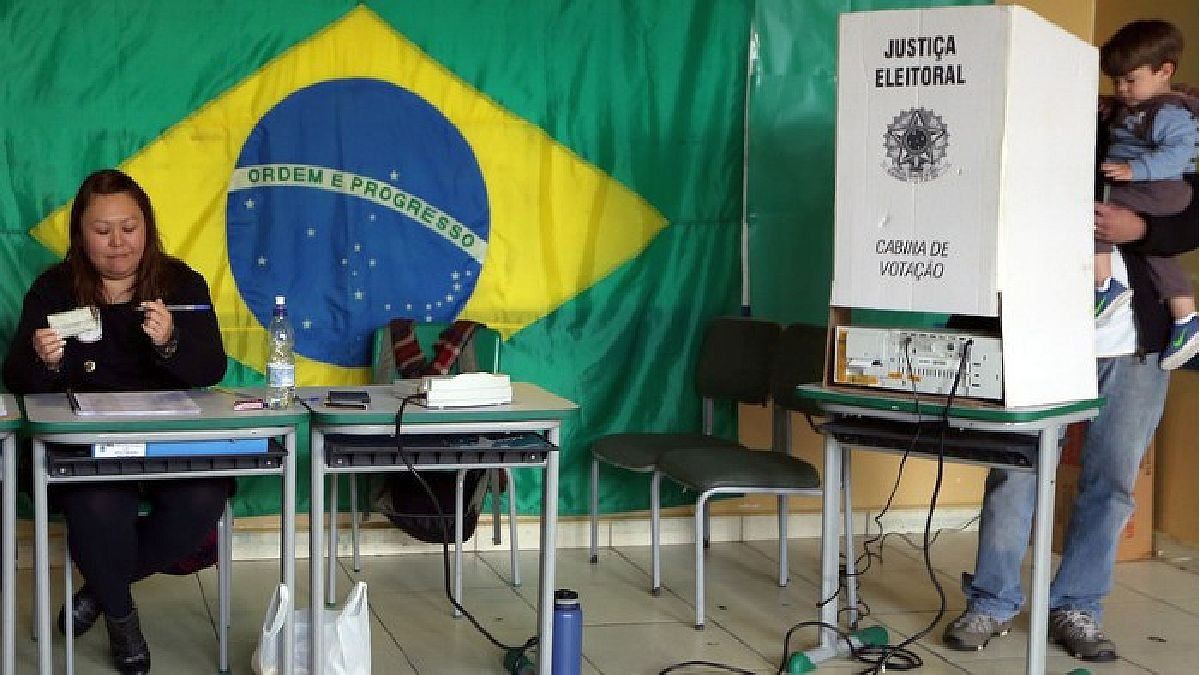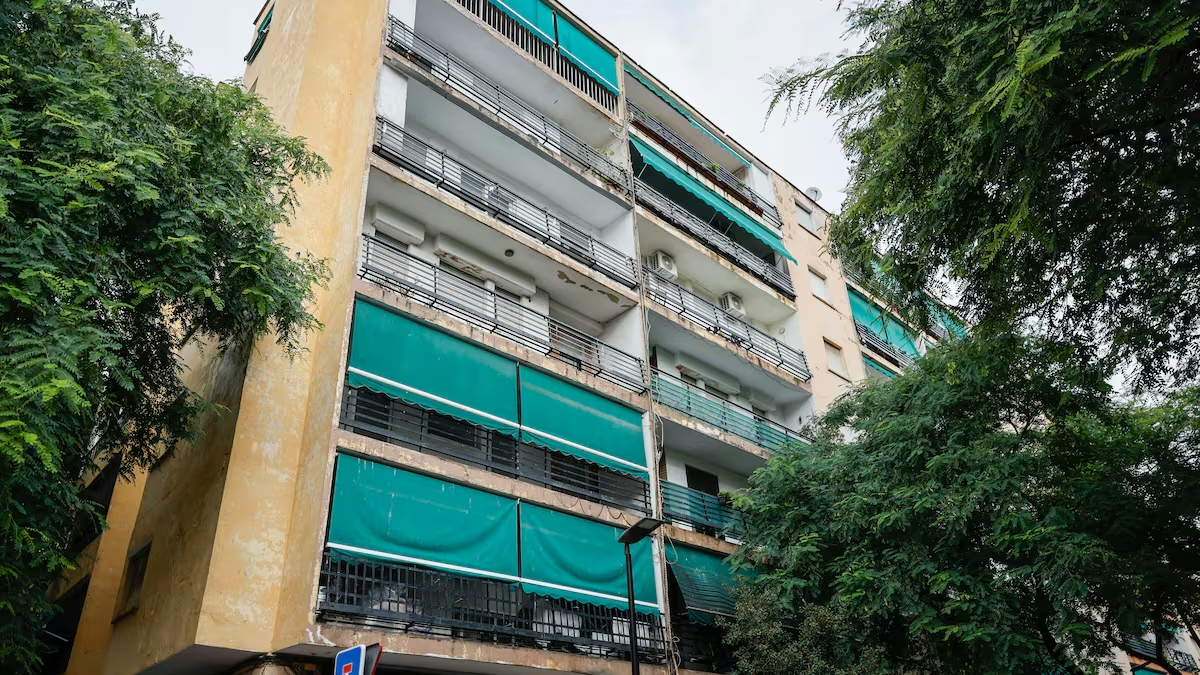This Sunday the second round in the municipal elections in Brazilin cities that have more than 200 thousand inhabitants and the candidates did not manage to exceed 50% of the votes required in the first round. San Paulo will attract all attention, since it will be a Lula-Bolsonaro fight that will function as a prelude to the next presidential elections in 2026.
In the most populated city in Brazil, and as the polls showed, there was a very close dispute between the mayor Ricardo Nunes, who got 29.48%and the official Guilherme Boulos, who obtained 29.07%. These are the most polarized elections in history, after the presidential election between the now president Luiz Inácio Lula da Silva and his predecessor Jair Bolsonaro.
Furthermore, the one that did decide its leader in the first round was Rio de Janeirowhere the current mayor Eduardo Paesrenewed the mandate for another four years, so he will be leading the city for the fourth time: between 2009 and 2017 he governed in two consecutive terms, with a three-year interval until 2020, when he returned to power. “I thank President Lula very much, a super companion who has an immense affection for Rio de Janeiro and knows the exact dimension of what this city represents for Brazil,” the winner of the elections had said this Sunday.
What to expect in the second round and the importance of São Paulo
In the second round of the municipal elections in Brazil, the inhabitants of Aracaju, Belém, Belo Horizonte, Campo Grande, Cuiabá, Curitiba, Fortaleza, Goiania, Joao Pessoa, Manaus, Natal, Palmas, Porto Alegre, Porto Velho and São Paulo They will have to go back to the elections to choose a candidate. Seen as the prelude to the 2026 presidential elections, the municipal elections offer an x-ray of the main forces in Brazil, embodied in the leftist Lula and the far-right Bolsonaro (2019-2022).
This way, in São Paulo Ricardo Nunes (MDB) will participate in the runoff -who is the current mayor and has the support of Bolsonaro- and Guilherme Boulos (PSol)which has the support of Lula. In the first round, Nunes obtained 1,801,139 votes (29.48%), compared to 1,776,127 votes (29.07%) for Boulos.
Boulos, in the elections of October 6, had called “defeat violent extremism at the ballot box”. After casting his vote at a school in the Campo Limpo neighborhood, Boulos, leader of the Homeless Movement, had said that the elections “had the mark of lies and hatred” spread by far-right candidates: “The challenge that What we have is to defeat violent extremism, lies, and hatred, and make the truth prevail. That is at stake at the polls today.”
On the other hand, Nunes repudiated “the aggressiveness” and “the lies” of the “radicals”, and also criticized the ultra candidate Pablo Marçal (who came third), whom he did not quote directly, but said that he has a “very high ” rejection rate among the electorate.
According to the most recent surveys, Nunes leads the race with 52.3% of the preferenceswhile Boulos registers 39.2%, according to Paraná Pesquisas (10/16). For Datafolha (10/17) the trend is the same: 55% for Nunes and 33% for Boulos.
In short, we will have to wait to see what happens with the runoff in São Paulo, with the political spectrum of the center-right and right prevailing throughout the South American country. In important cities such as Salvador (Uniao), Sao Luis (PSD), Rio de Janeiro (PSD), Maceió (PL), Teresina (Uniao), Florianópolis (PSD), Macapá (MDB), Rio Branco (PL), Vitória ( Republicans) and Boa Vista (MDB) saw victories for those candidates. Furthermore, the PL, which is Bolsonaro’s party, went from 344 prefectures to 524.
Source: Ambito
David William is a talented author who has made a name for himself in the world of writing. He is a professional author who writes on a wide range of topics, from general interest to opinion news. David is currently working as a writer at 24 hours worlds where he brings his unique perspective and in-depth research to his articles, making them both informative and engaging.




